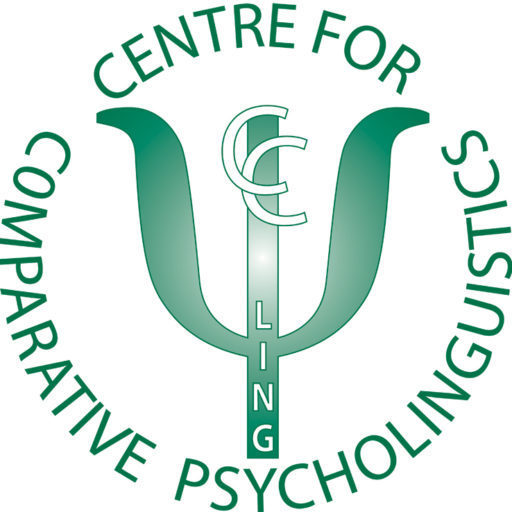Petra Hendriks (Center for Language and Cognition, University of Groningen)
A challenge for many accounts of reference in language is the observation that language users vary considerably in their referential choices, such as the choice between a definite expression and an overt pronoun in sentence production or the choice between various potential antecedents for a pronoun in sentence comprehension. Part of the variation observed among and within language users and across tasks may be explained from variation in the cognitive resources available to the speaker or listener, for example working memory capacity, inhibition skills, and theory of mind abilities. This course will consider a number of ways in which the interaction between linguistic constraints and general cognitive constraints can be investigated, namely by theoretical modeling, psycholinguistic experimentation relating linguistic and cognitive tasks or testing special populations, and computational cognitive modeling, and discuss what we can learn from these.
